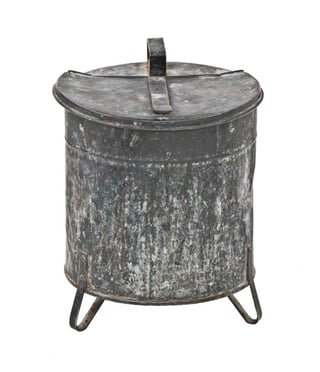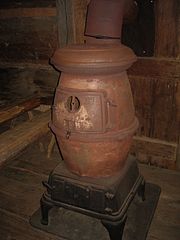Most everyone's heard about piles of oily/greasy rags igniting. Linseed oil seems to be a popular culprit for it, but I've also recently heard claims of common automotive oil being involved. I've run across a couple recommendations, but I have no idea if there are any better ways to handle them. Also wondering if there's a certain threshold as to quantity of material required for them to ignite. Is it a problem just with natural oils, or are synthetics also involved?
Recommendations I'm aware of include:
- Seal rags in side a metal bucket (with lid).
- Allow rags to dry (spread out), then throw out normally.
The metal bucket sounds good, but what happens when you have to transfer them into a trash bag? Spreading them out to dry seems unproductive, especially with synthetic auto oil which never seems to dry.
I've experimented with putting a pile of synthetic auto oil soaked rags in a plastic bag (worst case scenario based on my reading) and not only did they NOT catch on fire, but there was no detectable increase in temperature. I've seen so much conjecture on this important topic, hopefully there are people on hear that can bring some science to bear on the problem! :-)


